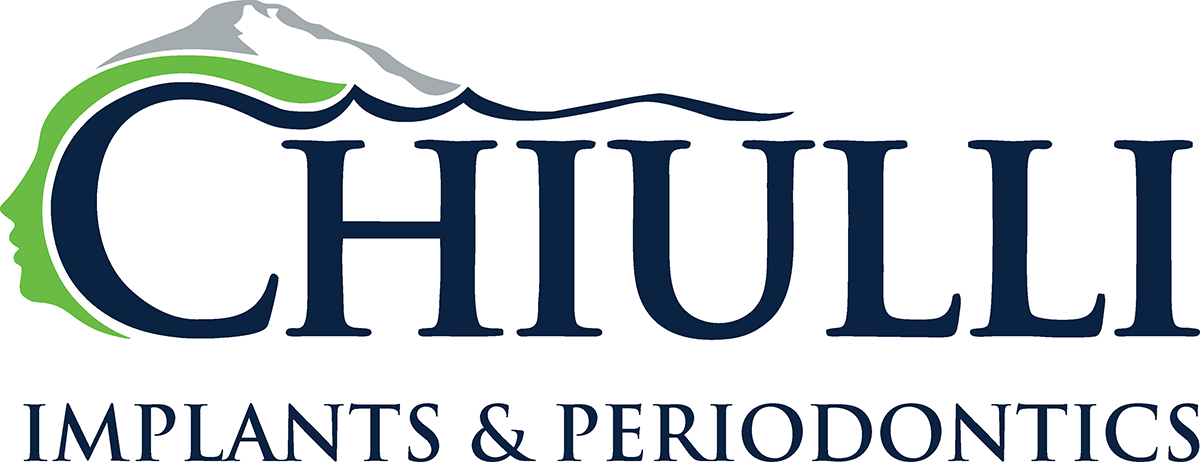Frequently Asked Questions:
4:RETURNS

I'm worried about x-rays. Should I be?

Should I continue or change my medications?

What about infection?

Can I drive after my root canal?

Is it going to hurt?

What happens after my root canal?
I'm worried about x-rays. Should I be?
You shouldn't worry about dental xrays. While x-rays will be necessary, the levels of radiation are extremely low and we use a lead shield in order to provide every level of safety that we can provide.
Should I continue or change my medications?
Continue all medications for blood pressure, diabetes, thyroid problems and any other conditions as recommended by your physician. If there is a question, please call our office prior to your appointment.
If you have been advised by your physician or dentist to use antibiotic premedication because of diseased heart valve, hip, knee, cardiac or other prosthesis, or if you have rheumatic heart disease, please make sure you are on the appropriate antibiotic on the day of your appointment. We will review your health history to confirm that we are in compliance with those recommendations.
If you can take ibuprofen (Advil) or Naproxen sodium (Aleve), it does help reduce inflammation when taken pre-operatively. We recommend 2 tablets of either medication the night before, and 2 to 4 hours before Endodontic therapy.
What about infection?
We adhere to extremely rigorous standards of infection control advocated by OSHA, the Centers for Disease Control and the American Dental Association. We use isolated sterile water supplies for each dental unit. We utilize autoclave sterilization and barrier techniques to eliminate any risk of infection.
Can I drive myself to my appointment?
When your root canal therapy has been completed, a record of your treatment will be sent to your restorative dentist. Generally we will request that you are seen in two to four weeks following Endodontic treatment for the restoration. There are usually no restrictions after the procedure concerning driving or returning to work. Dr. Hagel-Bradway can be reached during business hours at the office or by cell phone after hours, if any questions or concerns arise before or after treatment.
Is it going to hurt?
Almost all of us have heard the phrase, "as bad as a root canal". In reality, root canal treatment can and should be painless. Local anesthetics are used for endodontic procedures, just like those used for regular dental fillings. Supplemental or additional anesthetic agents may be necessary as well. It is very important to us that you are comfortable and that you feel your level of comfort and concerns are addressed. We encourage patients to inform us when they feel anything that makes them uncomfortable. In the case of anxious patients, a strong gag reflex, or patients who are extremely difficult to get numb, we can discuss options for conscious sedation at the time of your appointment.
If you experience any symptoms or "strange feeling" that you did not anticipate, contact our office. Please note that we expect soreness to last up to a week. Usually a brief phone call can assist in resolution; at times we will need to see you to make adjustments.
What happens when the root canal is complete?
Endodontic treatment has now been completed and the root canal system has been definitively sealed. However, the outer or biting surface is sealed with a temporary restoration. A definitive restoration must be placed to protect your tooth against fracture and decay. Please confirm your restorative dental appointment with your general dentist. Included in your treatment is a follow-up examination to evaluate the progress of healing in six months to a year. This appointment will require only a few minutes and no additional fee will be charged for the first check-up visit. Please call for an appointment once you receive your reminder in the mail.




